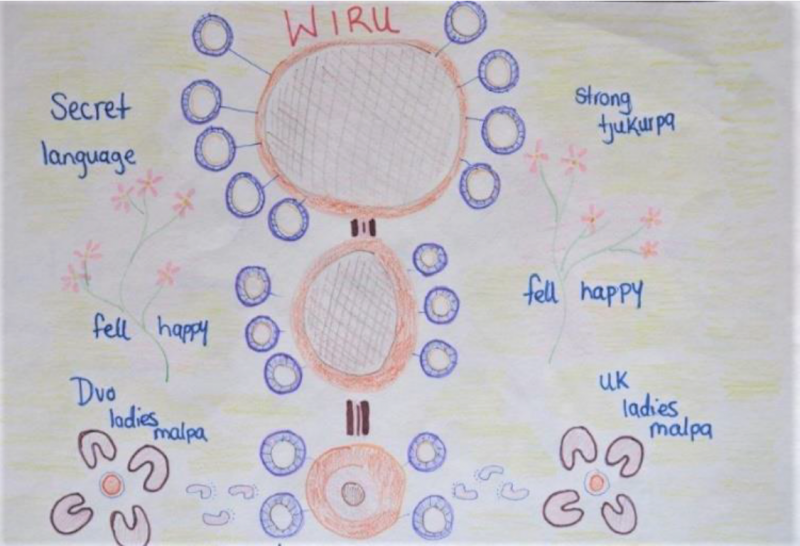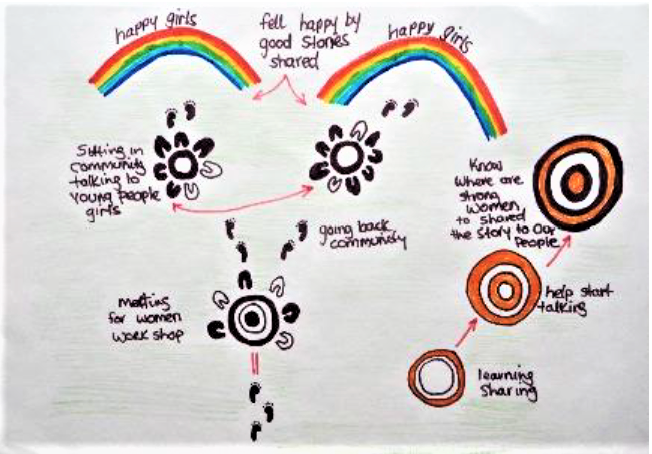“Here is a Ngaanyatjarra woman who has gone through many things in her life, violence, assault and sexual assault. She has many problems. She is just sitting there and thinking, “Who can I trust? Who can I trust to help me? To encourage me? Where can I go for guidance and encouragement to put me on the right path? So I can have hope in my life.” And after that, “How can I get healed, my whole life and be strong? So in the end I can be happy, have a good husband, have kids and a happy life. Forget all those other things that have happened behind.” Anangu Co-Researcher. Read about the Domestic & Family Violence Service’s new paper and how trust, language and relationships can help to heal and inform DFV practice.
The NPYWC Domestic & Family Violence Service’s (DFVS) new research paper “Exploring Anangu understandings to strengthen support for Anangu women experiencing sexual assault” asked:
- What are Anangu understandings of sexual assault and its effects?
- How do you talk about sexual assault with Anangu women in a safe way?
- What support do Anangu women need if they have experienced sexual assault?
Anangu and non-Aboriginal DFVS staff, a psychotherapist and senior Anangu women from NPYWC’s Uti Kulintjaku (clear thinking) initiative worked together to answer these questions and find the best way forward to support Anangu women who have experienced sexual assault.
We are feeling empowered by this process to explain that we need to slow down and think about this work more carefully and talk about it in the right way and this has been informed by the knowledge of these senior Uti Kulintjaku ladies… The Uti Kulintjaku team work in a very slow, careful way to really look at words and ideas and Anangu knowledge… To say things in the right way, carefully. We know we can stop and slow down, we have the knowledge.” Anangu co-researcher

This is about the knowledge growing from when the minyma, Uti Kulintjaku team and the DV team first got together. We have started to do something and this is coming through, coming in to the DV team. We talked about secret language that came up at this workshop, strong Tjukurpa that has been hidden and was shared by the Uti Kulintjaku ladies. It’s like the pretty flowers, it made me really happy. Thank you, I’m really happy that you are here and sharing this Tjukurpa. Now it’s really big, it’s like the pretty flowers. Anangu co-researcher
Here are some of the ideas discussed in the report:
Language & Culture
The importance of language and knowledge of culture and community were seen as central in supporting women who have experienced sexual assault. The need to work sensitively in small communities where many people are related to ensure trust and maintain confidentiality. Anangu women described the way of speaking “sideways” or kiti-kiti wangkanyi as the appropriate Anangu way of talking about sensitive issues to ensure that further hurt, distress, shame or offence is not caused.
Trust & Relationships
Trust and finding the right person for an Anangu woman to talk about her experience of sexual assault is important –a woman that she already has a loving and caring relationship with like a mother, grandmother or sister is an important support.
In our communities, domestic and family violence causes a lot of sadness and distress. This work [is strengthening our idea that when piranpa [non-Aboriginal people] come and go from communities, they don’t hold the knowledge and history for a long time in the way that Anangu do. They don’t know the families and the relationships and all the information about what is happening in communities. So it is really important that when workers come from outside they need to have a malpa – an Anangu worker working alongside them and to listen to them [the Anangu worker] and be guided by their knowledge because they are the ones living in the community all the time and they are the ones who know the right people to speak to, the right way to go about it. Anangu co-researcher

We got together to talk Anangu and piranpa, and then going back to the communities and talking with the young women, it can help. It’s in the communities, it’s happening, going out there to talk to them. Making them feel happy and good inside by sharing that story. So they can feel like a rainbow, special. What I think is that the learning and sharing is starting and helping to start talking like with the girls and the senior women together. We are strong women doing the work and the circles in the drawing are growing as we are getting stronger, feeling stronger to take it back out to the young women, each time we come together.

